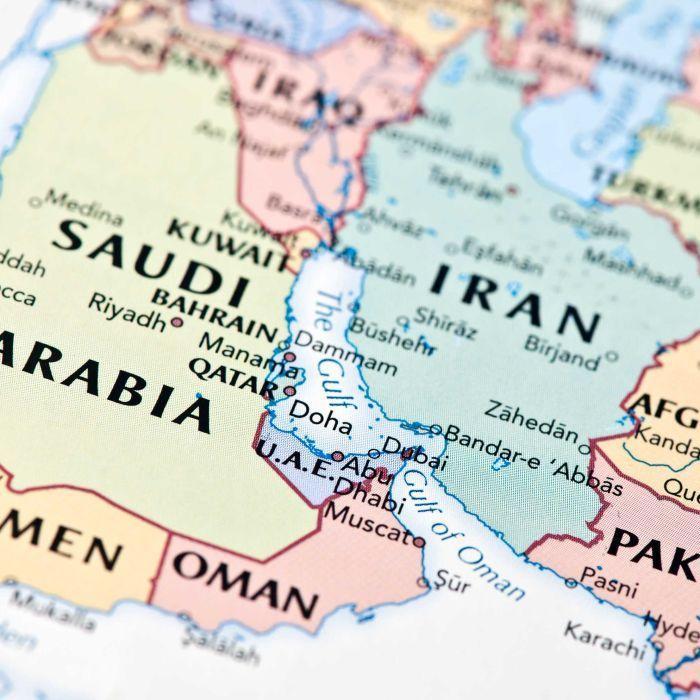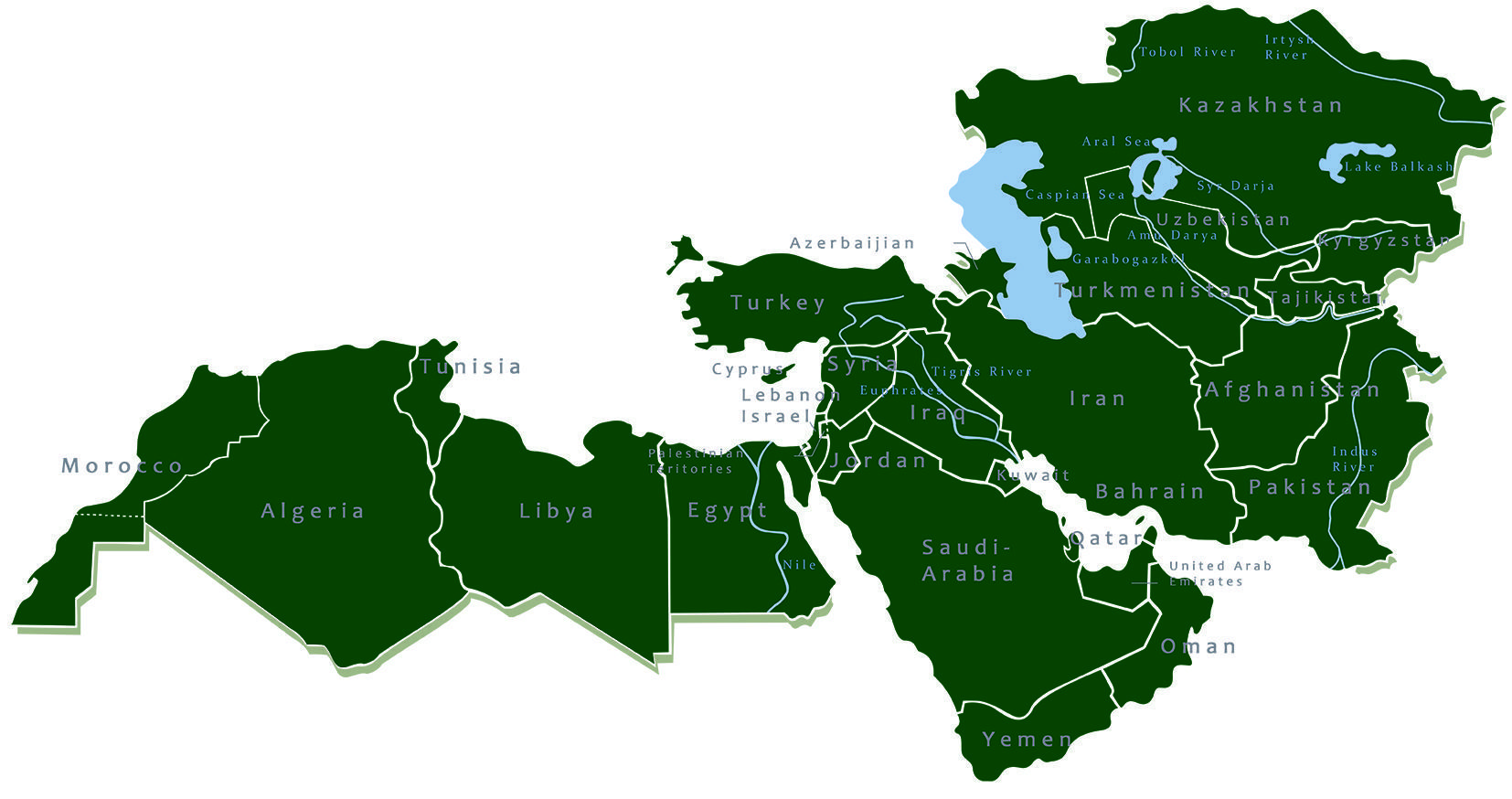Orient I 2013 – Egypt
Purchase the full Issue
26,00 €Add to basket
Access Issue with Subscription:
Log in or purchase a subscription with archive access to read this issue online.
Editorial
Dear readers of ORIENT,
As of the time of writing this editorial, Egypt is facing a new crisis between President Muhammad Mursi and his followers and the now better united opposition. A serious internal crisis over the new constitution resulted again in clashes and bloodshed. The debate about the constitution of Egypt and the relationship with the judiciary damaged Mursi’s reputation. The transformation process which Egypt has been undergoing since the fall of the Mubarak regime had not been an easy ride and led to various sharp arguments damaging the relationship of the diverse political groups.This deepening divide concerning future politics led to violent confrontation between the Islamists and the other political factions. An end to this confrontation is not yet in sight. Those in Egypt who have hoped for a smooth transition to a pluralistic democracy free of religious restraints are deeply disappointed. One can only hope that Mursi still will change course and try to resolve existing differences by dialogue with the opposition. But also the opposition has to show more willingness to start a serious dialogue with the president and his supporters. This issue of ORIENT offers a thorough insight into contemporary politics in Egypt, its options and its background. Roger Hardy informs us about the impotence of the West in the developments in the wake of the Arab Spring in Egypt. Dr. Tarek H. Selim shares his economic view on the current situation in Egypt with a possible guideline to solve the economic challenges the country faces. Dr. Roel Meijer shares his in-depth look at the Muslim Brotherhood, their past actions and their further political options. Dr. David Faris looks at the reciprocal effects of digital media usage on politics, while also focussing on the changing and shaping of users’ identities through this usage. Jannis Julien Grimm evaluates Egypt’s current foreign policy and Dr. John Calvert highlights in his contribution the legacy of Sayyid Qutb in the movement of the Muslim Brotherhood as well as the Brotherhood’s current options based on their past decisions. Dr. Mariz Tadros argues that the Muslim Brotherhood is set on cementing its influence in Egypt by meddling in unduly ways in the drafting process of the constitution. I hope that this issue of ORIENT provides you an insight into the many facets that have a manifold influence on Egypt – and, via Egypt, on the Near and Middle East. I wish our readers a happy and peaceful New Year.
Dr. Gunter Mulack
Director of the German Orient-Institute





